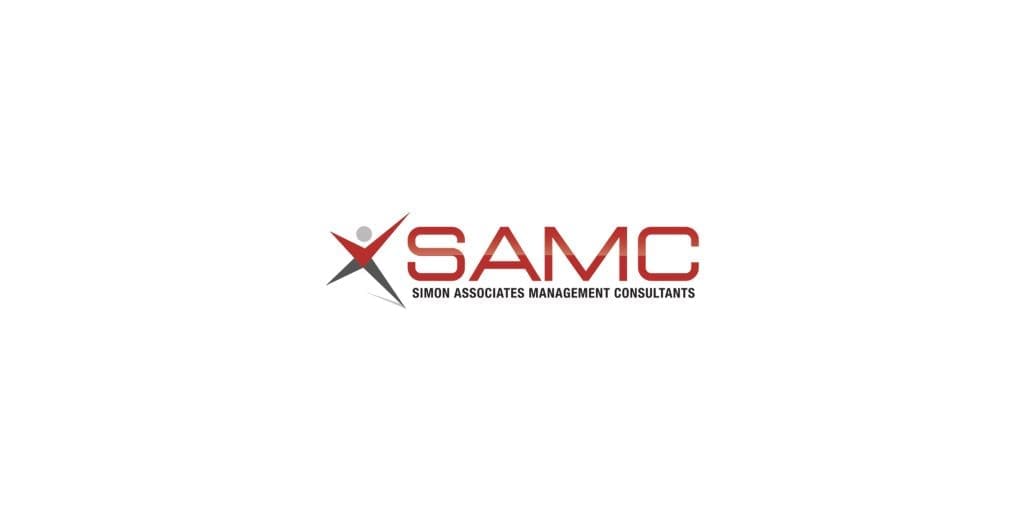 The World Health Organization declared the 2014 outbreak of Ebola in Africa an extraordinary event. Experts at the U.S. Centers for Disease Control and Prevention cite crisis communication as critical in stemming the outbreak. The Health Communication Capacity Collaborative’s Health COMpass has made social and behavior change communication materials publicly available.
The World Health Organization declared the 2014 outbreak of Ebola in Africa an extraordinary event. Experts at the U.S. Centers for Disease Control and Prevention cite crisis communication as critical in stemming the outbreak. The Health Communication Capacity Collaborative’s Health COMpass has made social and behavior change communication materials publicly available.
Andrea J. Simon, Ph.D., President and Founder of Simon Associates Management Consultants, works with healthcare providers that need or want to change.
Given human nature, what usually forces this change is a crisis, and what could be a bigger crisis than the Ebola virus now gripping the world’s attention?, she poses in her most recent article for FierceHealthcare. “How will U.S. hospitals respond? Are they prepared? Will they learn from the Dallas debacle, where inadequate communication as opposed to inadequate healthcare response lead to panic, or repeat the same mistakes?” she asks.
Returning last week from a business trip to Dallas, the then-U.S. epicenter of Ebola, Dr. Simon reports that “it was frightening. Travelers in the airport wore facemasks and blue gloves. Conversations were all about how serious the virus was, how poorly the staff at Texas Health Presbyterian Hospital was prepared, and how woefully inept the CDC protocols were. The public’s story—and boy, was this a time for storytelling—was a reflection of how the hospital had put us all at risk because they had ‘blown it.'”
Lessons learned: the “same old methods” aren’t going to cut it this time
What was of particular interest to Dr. Simon as an anthropologist working with organizations trying to respond to this crisis was that America’s health experts weren’t communicating the right responses. “Universally, they ignored the communication methods and behavioral modification strategies used to notable success in Africa. (Did they even investigate them?) While we needed press conferences and spin management, it was going to take more than traditional media to work this time,” she observes.
Proven solutions to success: entertainment education
Through theater and storytelling, entertainment education is successfully communicates the Ebola message in Africa—and it could work here in the U.S., Dr. Simon advises. She recommends two excellent blog postings: Harvard Business Review’s “Managing Ebola Will Take Powerful Communication” and World Bank’s “How to Stop Ebola—and the Next Outbreak.” “What they stress is the critical need for social and behavior change communication in communities dealing with or anticipating Ebola—not just in West Africa but around the world,” she says.
Dr. Simon explains how entertainment education gets people to change their current behaviors and attitudes. To teach concepts such as hand washing and not to bathe the bodies of the dead, age-old communication vehicles (vs. high-tech modern ones) are the most effective: Street theater, puppet shows, skits, songs and door-to-door outreach that do not depend on the ability to read or access to TV or the Internet. (Where available, contemporary communication vehicles are also used, such as text messaging via mobile phones.)
To emphasize how valuable entertainment education is at communicating health messages, Dr. Simon cites Susan Krenn, director of Johns Hopkins Center for Communication Programs and Caroline Jacoby, Senior Program Officer with JHU.CCP, who both have high praise for the transformative behavior modification power of entertainment education. “Shifting long-held practices and behaviors is difficult, but once people start taking the appropriate actions to keep themselves, their families and their communities safe, these actions can start becoming the ‘norm,’ and have an impact on lives,” states Jacoby.
Establish hospital crisis methods now so you can head off a communications calamity before it happens
Before your organization has an uncontrolled story running wild about how you and your staff “blew it,” Dr. Simon urges healthcare leaders to recognize this as a crucial time to change the way they think about:
- Today’s 24/7 methods of communication
- Reputation management
- News spin
- Social media
- The public’s ability to tell your story, whether they know it or not
Your hospital public relations department would do well to evaluate and probably completely revamp its crisis communications plans to contain a crisis—not just Ebola, but others in the future, she advises. “Your story must convey your hospital’s expertise and authority in a strong, confident way across all modern media: social, online, broadcast and more.”
Remember, if you don’t tell your story, the public will tell it for you
“There are many lessons we will learn from the Ebola crisis—none that can wait too long for us to learn them,” Dr. Simon cautions.
To read Andrea Simon’s FierceHealthcare article in its entire, click here.



